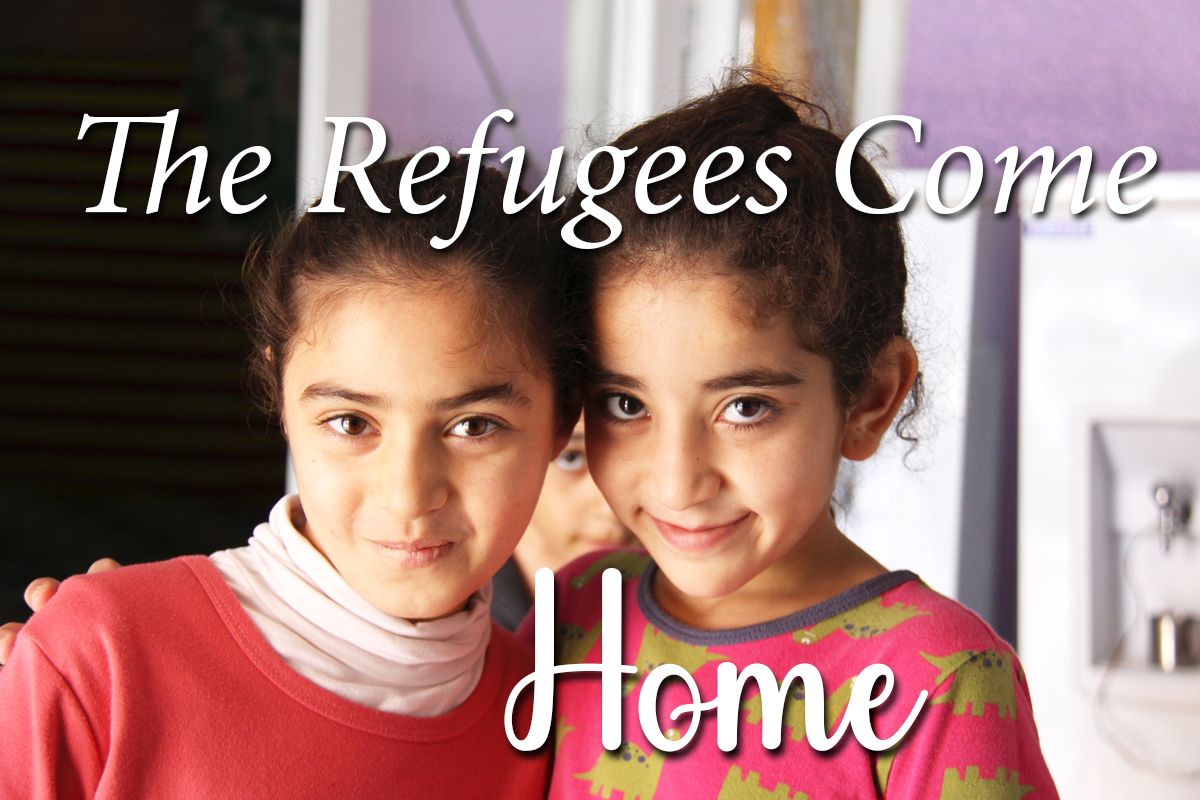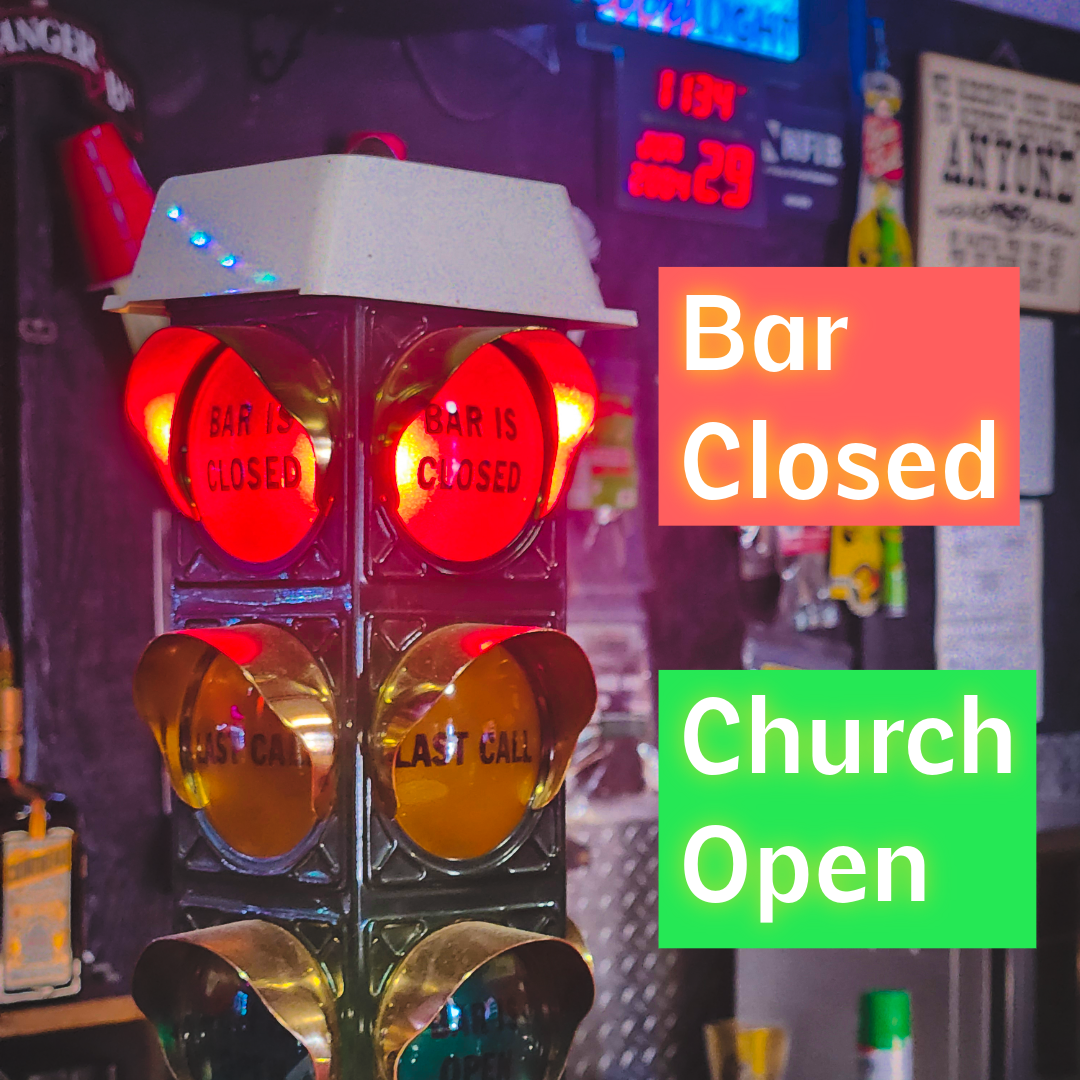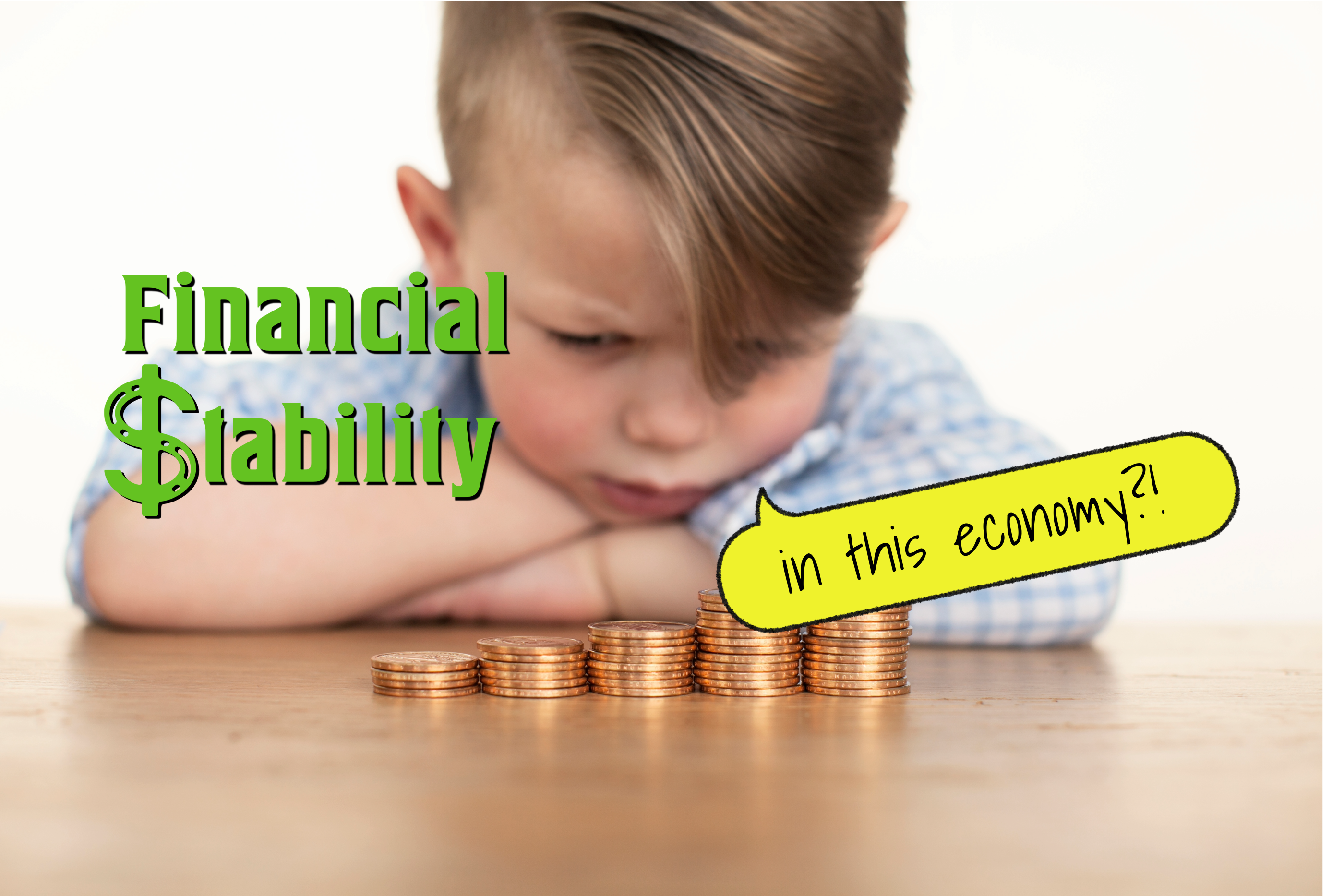
The unbelievably ancient city of Damascus has fallen to the Syrian coalition of rebels. It seems that, perhaps, this long war, that began in the spring of 2011 (and which had its seeds sown long before that), may finally be coming to an end. Already, within just days of the former government’s collapse, European countries are reconsidering their immigration policies. And I know it’s selfish to tell this story in a way that’s directly centered on myself, but I think it’s worth it. But of course I do, the Syrian plight is near to my heart.
In 2011, I was a high school student in a current events class. It replaced the standard government class, which sounded terribly boring to me, and so I was happy to take it. Every week, we were required to bring in a current event source (news paper, internet article, etc), explain what happened, and why it mattered.
At the time the Syrian Civil war had started only a few months prior, but as an air headed highschooler, I wasn’t really paying attention to it until I had some incentive. As I started looking over the news of the war, seeing the atrocities being committed by Bashar al-Assad and his regime, I quickly found myself moved, and so I, and one other student, routinely brought in articles and updates about the Syrian Civil War, keeping the rest of the class informed.
I didn’t understand the war, what people were really fighting for, and even now, I’m not sure I really understand it. There were dozens, maybe hundreds or even thousands of different factions, from nation state actors like the United States, Russia, Turkey, France, Israel and the UK, as well as smaller armed militias, non-state actors, and a handful of terrorist cells from around the world. Ethnic groups like the Kurds were fighting, at least nominally, for a Syrian democracy, while ISIS took advantage of the chaos to carve out their own state in Syria and Iraq.
What I could understand were the images and stories of human loss and catastrophes that needed no translation or context. Images of Syrian streets, running with blood like a river. Even in the first year, millions of refugees fled in all directions, many pushed toward the Mediterranean sea where they would drown in capsized boats. Many more were smuggled across borders. Children separated from their families and sold into slavery in European gangs. It was, and is, the stuff of nightmares. And while learning about the true scale of the holocaust in my English classes at the time, reading about this civil war felt like a holocaust in real time. I prayed often for the war to end during my bedtime prayer.
I ended that senior year still an air headed highschooler but one with part of my heart still sensitive to the Syrian plight, which seemed to grow only more urgent as the weeks and months rolled on. The Assad Regime was losing to a motley coalition of rebel forces, something that I was quietly hoping for as the Regime has proven itself to be horrifically oppressive, bombing cities indiscriminately where the faintest whiff of rebel action could be smelled. In the death throes of collapse, ISIS took the stage.
The following year, while traveling for a holiday, I was in the back of a car on a long ride, and while scrolling through twitter I came across accounts reposting some viral videos of ISIS’s torturous crimes. A small bit of morbid curiosity mixed with a feeling of false bravery to “see what’s really going on over there” landed me on a thread full of videos of ISIS fighters beheading and dismembering men and women. Mercifully, we arrived at our destination around this time, and I got out of the car, hugged my welcoming family member, and sat down on the couch, feeling like I was going to vomit. Under forced Conversion, Christian Syrians (who numbered near 10% of the Syrian population), along with Kurdish peoples and other ethnic minorities were tortured and killed. Now, estimates put the Christian population in Syria at under 2% due to Christians fleeing persecution.
I can still see those images in my head, and I know there are thousands of images more that I’ve never seen.
About the same time, I was at college at the University of Findlay, and I was getting a Grade A education in some much needed humility. I was also receiving excellent cross cultural and interreligious education, particularly by learning about and interacting with Muslim students from Saudi Arabia. Much of that Saudi Arabian government money has dried up or changed now, so those students aren’t coming to Findlay anymore, but when they were, in 2013 and 2014, I was sitting in a classroom, learning about Islam with more than half the class being Muslim students. You probably couldn’t ask for a better environment to learn about Islam than one where the students regularly brought in sweetened dates with Arabian coffee.
I won’t forget that in our discussions about Jihad, and the conquests of the early Muslims, we naturally came across ISIS and their brutal, torturous methods. Anti Muslim sentiments in the US were running high again, and so you can imagine it might be hard to be asked the question, “how can Islam justify such horrific crimes?” To which, a group of Muslim students stood and said, “they aren’t bad Muslims. They aren’t Muslims at all.”
It's a cry that many Muslim majority countries were loudly calling out then and have continued to, but it typically falls on deaf ears. 6 million migrants fled into Europe and ended up all over the world as asylum seekers and refugees. Very few countries wanted an influx of poor, destitute migrants. Many in the U.S. were loudly opposed to more Muslim immigrants, especially those perceived as “fighting aged men”, which is normally a way to make them seem more hostile than they really are.
In 2015, Russian made a deal with Syria to fight its civil war for it, and with its might, the rebels were pushed back and eventually crushed. But Russia’s bombs were just as indiscriminate as the Assad’s had been and even more migrants were fleeing burning, bombed out cities. Soon, Aleppo, the largest city in Syria, became a warzone of proportions not seen since Stalingrad or Berlin in the 1940’s. So much so that the city’s name became synonymous with the Syrian plight, and the U.S. presidential election of 2016 was laced with questions for presidential hopefuls about Aleppo and what they might do if elected to stop the bloodshed.
I wrote my undergraduate capstone philosophy paper in defense of Syrian Refugees. Submitted it, and immediately afterward didn’t have the heart to look at more violence. The U.S. stepped in with Operation Inherent Resolve, to break the ISIS hold on the middle east and essentially accomplished this in 2020. But, well before that, by 2017, I had checked out of the Civil War altogether, assuming it would be the kind of black hole, forever war that seemed to be making someone a lot of money, or else it wouldn’t be still going.
And then, on November 27th, while we were all preparing for Thanksgiving, rebel forces reignited their civil war. The offensive caught the Assad regime off guard, and Russia, bogged down in Ukraine, did almost nothing to help. Within days, the rebels took Aleppo, the city that they had lost nearly 7 years before, and in a few more days, they took the capital, Damascus. The offensive fell like a lightning strike, and struck down a dynasty of dictatorships that has lasted for more than 5 decades.
Now, the political prisons are being opened. Captives of the repressive, murderous government are being let free. Political victims are loosed. And migrants are already streaming back across the Syrian border to return home.
I really don’t like quoting Vladimir Lenin, but this one quote is just so darn applicable. He’s reported to have said of the Russian revolution that, “There are decades where nothing happens; and there are weeks where decades happen.” Or, perhaps a more palatable quote from 2 Peter 3:8, “But do not forget this one thing, dear friends: With the Lord a day is like a thousand years, and a thousand years are like a day.”
Some things in our lives feel inevitable, immovable, unchangeable. Some things stick around far longer than they should, and the gravity of their importance weighs heavy on our minds. The greatest challenges of the enemy always seem so insurmountable until the moment they collapse, and we remember how brittle they always were.
Pessimism and apathy may be the most potent and cancerous things in our culture today, a belief that all things are trending towards destruction and entropy. The Syrian Civil War lasted for 13 grueling years. Teenagers of Syrian descent have been born in foreign countries, never having been to the home of their parents. And soon they might be returning or going back for the first time. Migrants who dreamed of going to the home of their ancestors, stolen from their families, businesses, and homes had thought they might never go back. And in the span of less than two weeks, the world has shifted for them. Syrian Christians, with promises of the new government for minority rights and fair treatment, might be returning home in time for Christmas, echoing the flight and return of Joseph, Mary, and our Lord Jesus as a child.
We need to prepare our hearts for a return of the Lord, or for a revival, or just for the opportunity to share the gospel to a person who we never thought would embrace it. We need to continually remind ourselves of what amazing hope we have in Jesus for a world made better, for a kingdom come, and for the will to help manifest it in whatever way God asks us.
I don’t think this Syrian situation is over. The group in control right now is designated as a terrorist group by the U.S., so maybe the Syrian people have traded one repressive regime for another. But it is the reminder that I needed, however selfish that is, Evil men are not immune from justice. History is not over.
Syrian Christians have been in Syria as empires have rolled over them time and again. Now, they have an opportunity, how ever small, to practice their faith in their ancient home, where they have prayed, and worshipped the Lord for millennia.
CGGC eNews—Vol. 18, No. 51





Login To Leave Comment